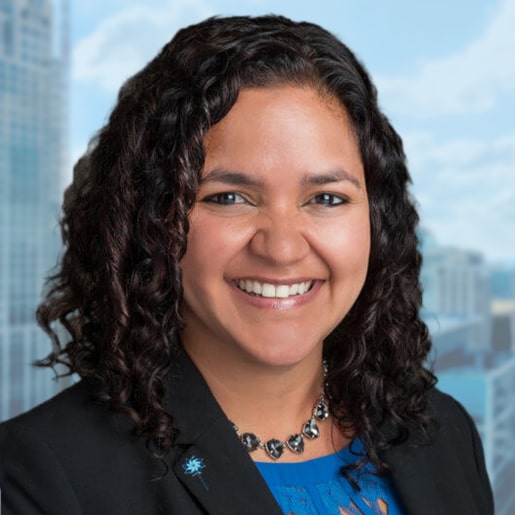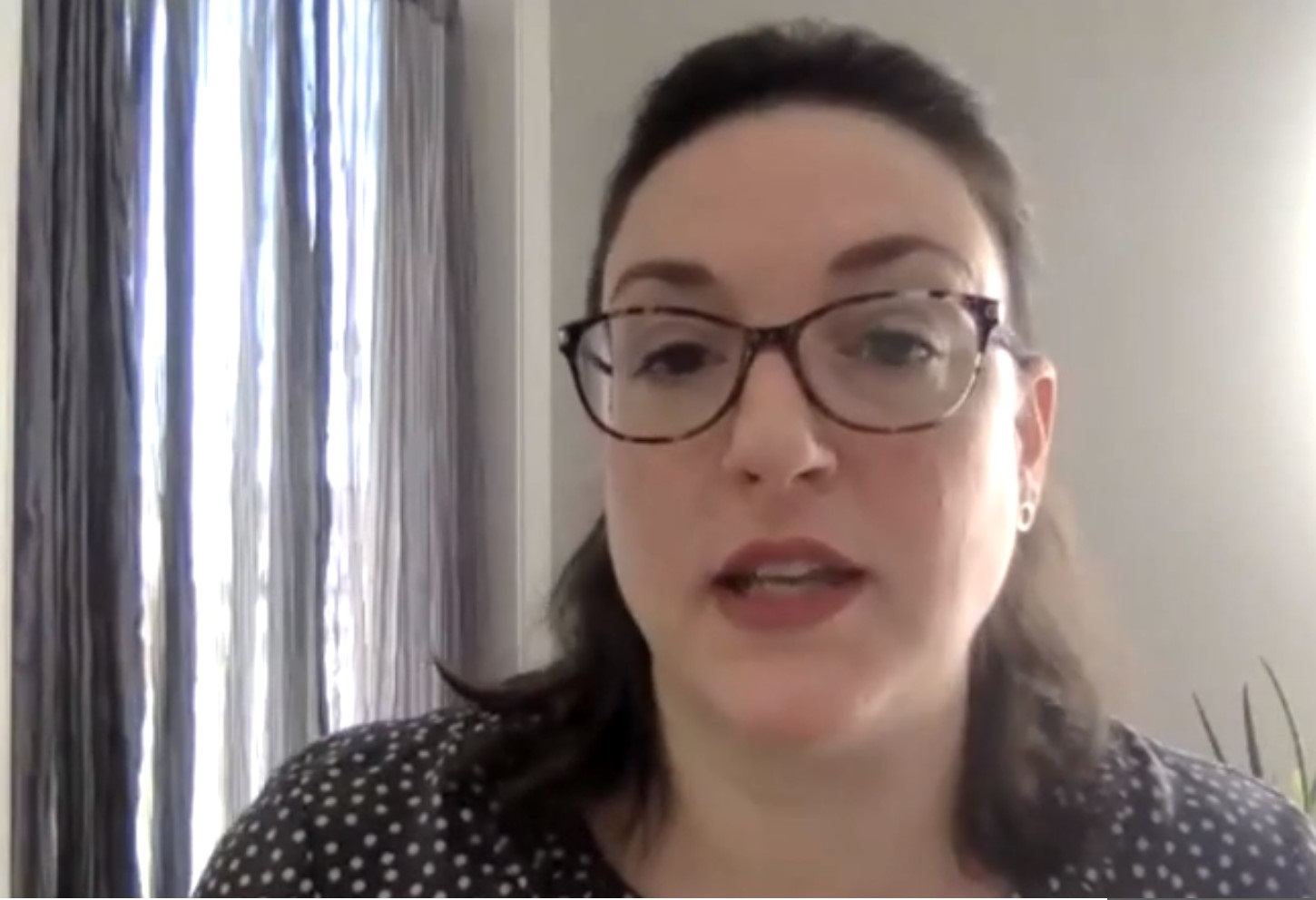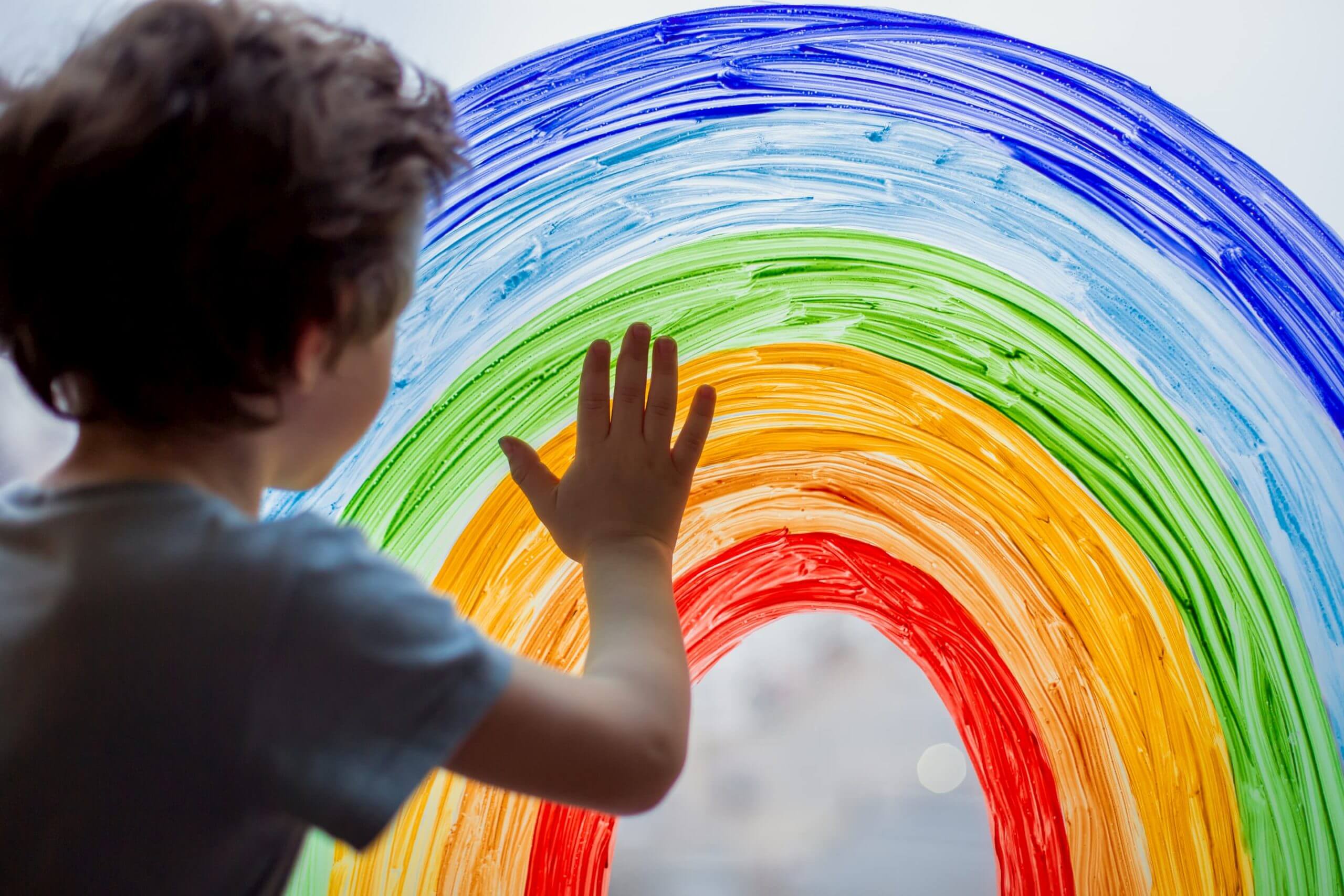Have you ever found yourself thinking about the ways in which you can make a difference in a child’s life? Here is a list of ten ways to help prevent child abuse that are simple, every day actions that can make a big impact.
After you read these tips, check out Connect the Dots to learn more about how you can make a difference and to connect with others in your community who are working to deliver the great childhoods that all children deserve.
Ten Ways to Help Prevent Child Abuse
- Be a nurturing parent.
Children need to know that they are special, loved, and capable of following their dreams. - Help a friend, neighbor, or relative.
Being a parent isn’t easy. Offer a helping hand take care of the children, so the parent(s) can rest or spend time together. - Help yourself.
When the big and little problems of your everyday life pile up to the point you feel overwhelmed and out of control—take time out. Don’t take it out on your kid. - If your baby cries…
It can be frustrating to hear your baby cry. Learn what to do if your baby won’t stop crying. Never shake a baby—shaking a child may result in severe injury or death. - Get involved.
Ask your community leaders, clergy, library, and schools to develop services to meet the needs of healthy children and families. - Help to develop parenting resources at your local library.
Find out whether your local library has parenting resources, and if it does not, offer to help obtain some. - Promote programs in school.
Teaching children, parents, and teachers prevention strategies can help to keep children safe. - Monitor your child’s television, video, and internet viewing/usage.
Excessively watching violent films, TV programs, and videos can harm young children. - Volunteer at a local child abuse prevention program.
For information about volunteer opportunities, call 1.800.CHILDREN or contact your local Prevent Child Abuse America chapter. - Report suspected abuse or neglect.
If you have reason to believe a child has been or may be harmed, call your local department of children and family services or your local police department.





